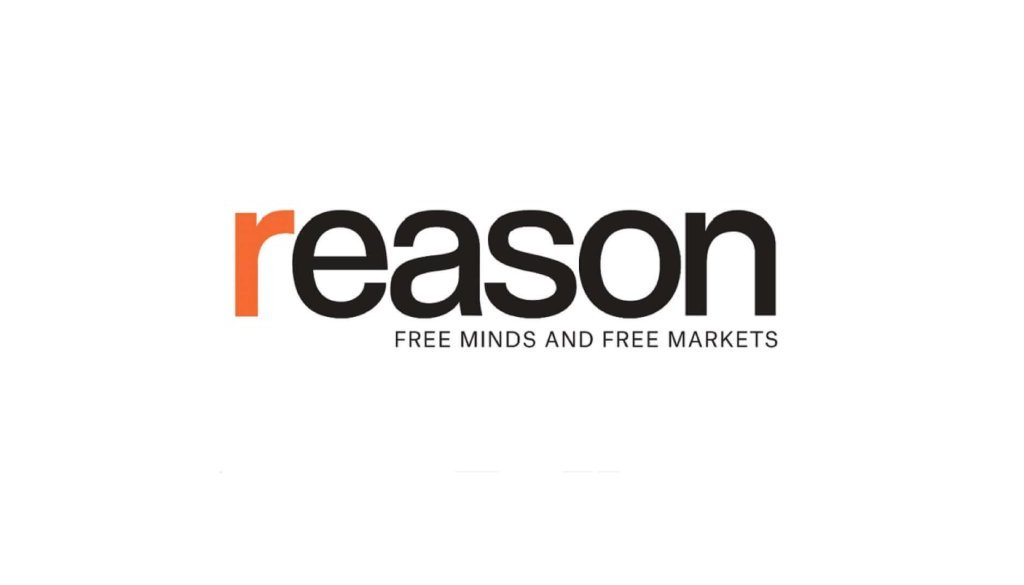Despite 2024 Setbacks, Drug Policy Is Still on a Long-Term Trend Toward Reform
In 2016, 2018, 2020, and 2022, voters approved a raft of drug policy reforms. They included legalization of recreational marijuana in 11 states, authorization of medical use in eight, decriminalization of low-level drug possession in Oregon, approval of “psilocybin service centers” in the same state, and decriminalization of five naturally occurring psychedelics in Colorado.
The 2024 election results were a different story. Legalization of recreational marijuana lost in Florida, North Dakota, and South Dakota. Nebraska voters overwhelmingly approved medical marijuana, but a pending legal challenge may prevent implementation of that policy. A Massachusetts psychedelic initiative similar to Colorado’s went down by a double-digit margin. And California voters resoundingly approved an initiative that increased penalties for several drug offenses, reinforcing the message that Oregon legislators sent when they overturned decriminalization in March 2024.
These disappointing developments suggest that the collapse of pot prohibition is slowing, that the road to broader pharmacological freedom will be bumpier than reformers hoped, and that the drug war’s punitive mentality still appeals to many Americans, even in blue states. But the setbacks should not obscure the long-term trend toward less punishment and more tolerance.
When California became the first state to approve medical marijuana in 1996, the idea was so controversial that a Democratic administration threatened to punish doctors for recommending cannabis to their patients. Today medical marijuana is widely accepted even in many deep red states.
While Florida’s legalization initiative fell short of the 60 percent threshold required for a constitutional amendment, it was favored by 56 percent of voters, including the Republican who won the presidential election. In fact, the marijuana initiative was just as popular in Florida as Donald Trump, despite the state’s increasingly red political demographics. The appeal of legalization in Florida is consistent with national polling data indicating that Republicans, notwithstanding the backlash epitomized by Gov. Ron DeSantis’ odor-focused opposition to recreational marijuana, are turning against pot prohibition.
According to Gallup, 70 percent of Americans—including 87 percent of Democrats, 70 percent of independents, and 55 percent of Republicans—think marijuana should be legal. Medical use is legal in 38 states (not including Nebraska), 24 of which also allow recreational use. For the first time ever, both major-party presidential candidates in 2024 supported state or federal legalization.
Reformers inclined toward optimism also could cite the election results i
Article from Reason.com

The Reason Magazine website is a go-to destination for libertarians seeking cogent analysis, investigative reporting, and thought-provoking commentary. Championing the principles of individual freedom, limited government, and free markets, the site offers a diverse range of articles, videos, and podcasts that challenge conventional wisdom and advocate for libertarian solutions. Whether you’re interested in politics, culture, or technology, Reason provides a unique lens that prioritizes liberty and rational discourse. It’s an essential resource for those who value critical thinking and nuanced debate in the pursuit of a freer society.




